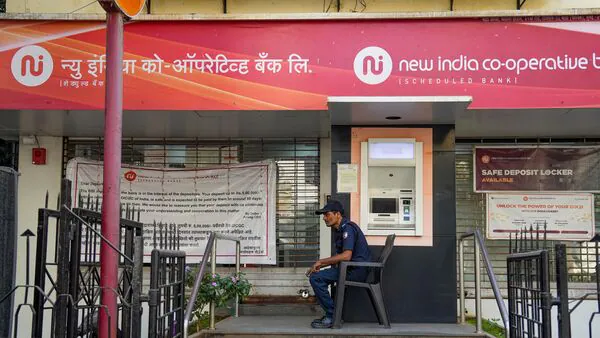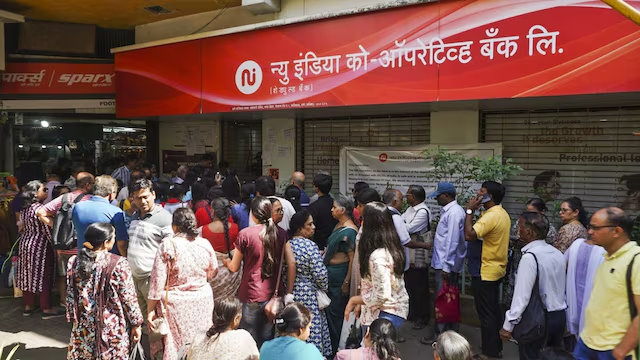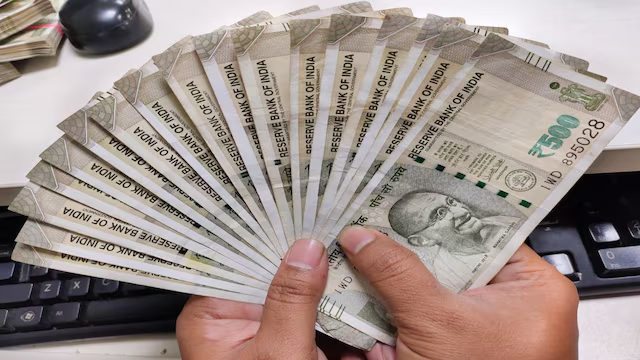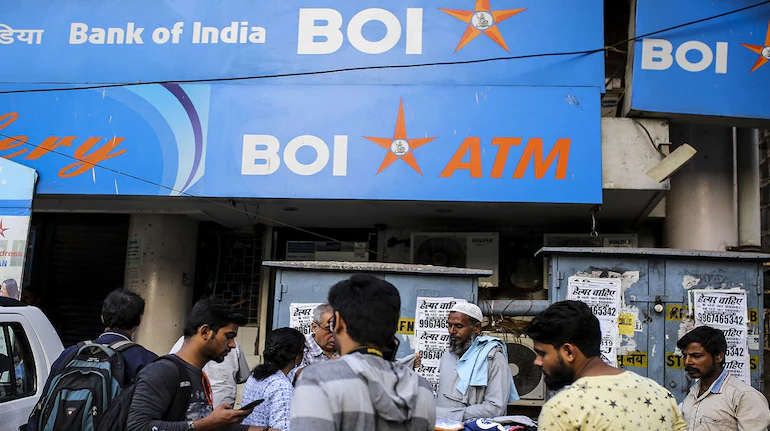Nifty set for worst monthly losing streak in 28 years as outflows, earnings and growth weigh
02/24/2025
Benchmark index Nifty50 is on course for a five-month losing streak, marking the worst downturn it has seen since 1996, sending both leading indices to their lowest levels in eight months.
Weak corporate earnings, sustained foreign outflow, and economic uncertainties have eroded investor confidence, pulling down key indices from record highs seen just four months ago.
The Nifty 50 and Sensex have each declined around 4% in February so far, extending their losses to 13.8% and 12.98%, respectively, from their peak seen on September 27, 2024.
The last time Nifty saw a decline of five consecutive months was between July and November 1996. Nifty has faced a five-month losing streak only twice, while four-month declines have occurred in 1998 and 2001. The longest losing streak on record remains eight straight months, between September 1994 to April 1995.
After the sharp correction, analysts at Kotak Institutional Equities in a recent note said they are cautious, and expect stocks to remain directionless in coming months as it adjusts to strong returns from recent years. The Kotak note said despite the correction, returns over a 12-month period are flat, thus limiting value-buying opportunities.
Kotak Institutional Equities attributed its cautious outlook to factors such as elevated valuations, risk of earnings downgrades, high global interest rates and declining foreign investor interest in emerging markets. "Most sectors and stocks continue to trade at rich valuations, with overvaluation increasing inversely with market capitalization, quality, and risk," the note said. Small and mid-cap stocks are expected to continue to bear the brunt of the downturn.
Meanwhile, Citigroup has upgraded Indian equities to Overweight from Neutral, citing less-demanding valuations and upside potential. Citi believes India is well-positioned to be a relative outperformer, particularly if global tariff risks resurface.
Conversely, Citigroup has downgraded ASEAN equities to Underweight, owing to weak earnings-per-share momentum and subdued growth forecasts as key factors.
On Friday, US markets suffered their worst trading session of the year after weaker-than-expected economic data and a sharp rise in long-term inflation expectations rattled investor sentiment. Consumer inflation expectations surged to highest level since 1995, further dampening hopes for a near-term Federal Reserve rate cut.
Market volatility was further amplified by the expiration of $2.7 trillion in options tied to equities and ETFs, which often causes price swings. Adding to the turbulence, Covid-19 vaccine makers surged following reports of a new coronavirus study in China, reigniting discussions around potential pandemic-related risks.





















